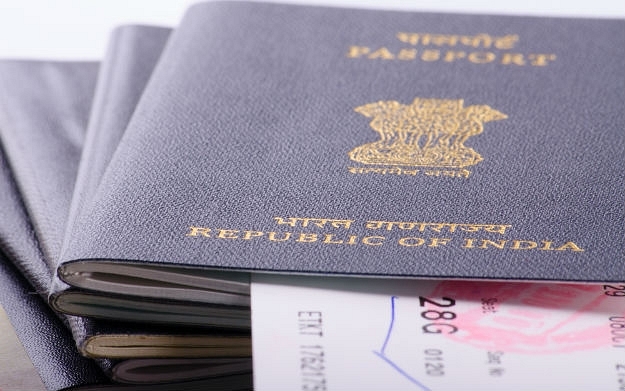
Chip-Based e-Passports Project To Be Rolled Out On Priority: MEA Jaishankar
The Ministry of External Affairs (MEA) has commenced discussions with the 'India Security Press' regarding a project for issuing chip-enabled e-passports in the future, PTI quoted External Affairs Minister S Jaishankar as saying on Monday (25 June).
Speaking at the seventh Passport Seva Divas, Jaishankar said that the project for manufacturing e-passports will be taken up on a priority basis so that the travel document with advanced security features can be rolled out in the near future.
Jaishankar also said that in line with the commitment made by the government in its previous tenure, the ministry shall continue with the process of opening new Post Office Passport Seva Kendras (POPSK) in every Lok Sabha Constituency where no such seva kendras facility exists today.
The External Affairs Minister noted that the MEA issues an average of one crore passport every year after it underwent a "passport revolution" owing to the various initiatives taken to bring about a visible change in the delivery mechanism of passport services to citizens both within the country and abroad.
“Last five years of passport services delivered by the ministry constituted a passport revolution. The mandate of the MEA is to ensure good governance and a transparent, efficient, timely, effective, reliable, assured and accountable public service delivery system,” he said.
Jaishankar also thanked communications minister Ravi Shankar Prasad for enabling opening of 412 POPSKs since January 2017.
“Together with the 93 Passport Seva Kendras which are already functional, this has taken the total number of PSKs in the country to 505 today. The common man of the country now has a Passport Seva Kendra near his or her residence and is not required to travel too far to submit the passport application,” he said.
Jaishankar said the partnership between MEA and Department of Posts is a wonderful example of the best practice in citizen-centric governance.
The technology likely to be used in the Indian e-passport has been conceptualised and developed by the Indian Institute of Technology-Kanpur, National Informatics Centre (NIC), India Security Press (ISP) and the Ministry of External Affairs officials. The new passport will comprise an inlaid chip which will store the personal information of the holder as well as the travel details.
The system will be embedded in the back of the passport and will sport a chip with 64 kilobytes of storage space and an embedded rectangular antenna. It will carry information for up to 30 visits, for now. Later on, it will also store the photograph of the passport holder and even biometric data like fingerprints.
The chip based e-passport is viewed as a safe way to store the passport holder's data as any attempt to tamper with the chip will result in failure of passport authentication.